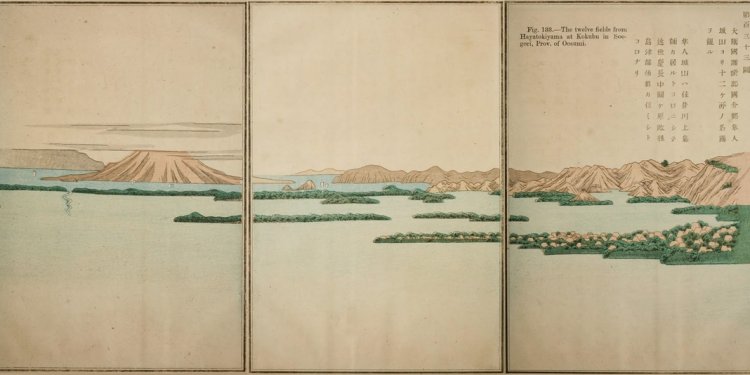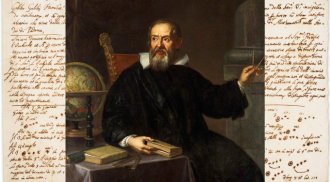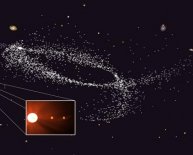
Galileo books
Why do we read? “A book is a heart that only beats in the chest of another, ” Rebecca Solnit wrote in her beautiful meditation on why we read and write. For Kafka, reading was “the axe for the frozen sea within us”; for James Baldwin, a way to change our destiny. “Reading is the work of the alert mind, is demanding, and under ideal conditions produces finally a sort of ecstasy, ” E.B. White wrote in contemplating the future of reading in 1951. “A book is proof that humans are capable of working magic, ” Carl Sagan asserted in his iconic Cosmos series, admiring the “funny dark squiggles” that have the uncanny power to transport us, across time and space, into the mind of another.
Nearly half a millennium earlier, another cosmic sage — Galileo Galilei (February 15, 1564–January 8, 1642), perhaps humanity’s greatest science-crusader and illuminator of the universe — made a strikingly similar observation, a parallel that speaks to the abiding allure of reading as our sole conduit to superhuman powers like time travel and telepathy.

In Dialogue Concerning the Two Chief World Systems: Ptolemaic and Copernican (public library) — the same seminal treatise that gave us Galileo on critical thinking and the folly of believing your preconceptions — he writes:
With what admiration the reading of excellent poets fills anyone who attentively studies the invention and interpretation of concepts! And what shall I say of architecture? What of the art of navigation?
But surpassing all stupendous inventions, what sublimity of mind was his who dreamed of finding means to communicate his deepest thoughts to any other person, though distant by mighty intervals of place and time! Of talking with those who are in India; of speaking to those who are not yet born and will not be born for a thousand or ten thousand years; and with what facility, by the different arrangements of twenty characters upon a page!

















